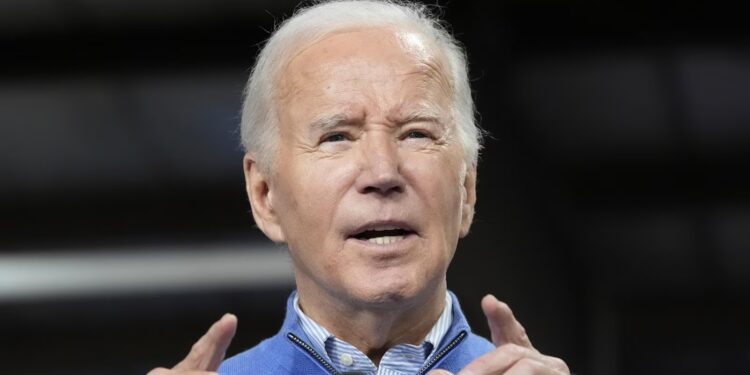President Joe Biden has announced he will not seek re-election in November, bringing an abrupt and historic close to his 2024 campaign and upending the dynamics of the US presidential race just months before voters head to the polls.
A consequential decision in a turbulent year
In a statement delivered from the White House, the 81-year-old president cited his belief that stepping aside was “in the best interest of the country,” adding that he would devote his remaining time in office to ensuring a peaceful transition and defending democracy. Biden’s decision follows mounting pressure from within his own party, where concerns had been growing about his age, energy, and ability to campaign effectively following a lacklustre debate performance in June.
Democrats enter uncharted territory
Biden’s withdrawal throws the Democratic Party into a rapid search for a new standard-bearer. Vice President Kamala Harris is widely viewed as the frontrunner to replace him at the top of the ticket, though several governors, including California’s Gavin Newsom and Michigan’s Gretchen Whitmer, are also expected to vie for the nomination. The Democratic National Convention, scheduled for August in Chicago, will now likely serve as a contested and highly watched political spectacle.
Trump responds amid shifting landscape
Donald Trump, the presumptive Republican nominee, responded swiftly to Biden’s decision, accusing the president of “abandoning ship” and claiming Democrats were orchestrating a political “coup” within their own party. While Biden’s departure may provide Democrats with a chance to reset and energise their campaign, it also introduces risk and uncertainty in an already volatile election season.
Legacy and party divisions
Biden’s decision marks the first time in modern American history that an incumbent president has voluntarily stepped aside after serving a single term without being defeated or impeached. His supporters credit him with stabilising the country after the Trump presidency, restoring international alliances, and passing major legislative achievements on infrastructure, climate, and healthcare. However, critics within the party argue that he failed to communicate those successes effectively or to build a strong generational bridge within Democratic leadership.
What comes next
Attention now turns to the Democratic Party’s selection process and whether it can rally behind a new nominee in time to present a compelling challenge to Trump. The White House has confirmed that Biden will not endorse a specific successor at this stage but will support the party’s eventual nominee. Markets and global allies are watching closely as America enters a period of political flux, with implications stretching well beyond November.
REFH – Newshub, 21 July 2025



Recent Comments